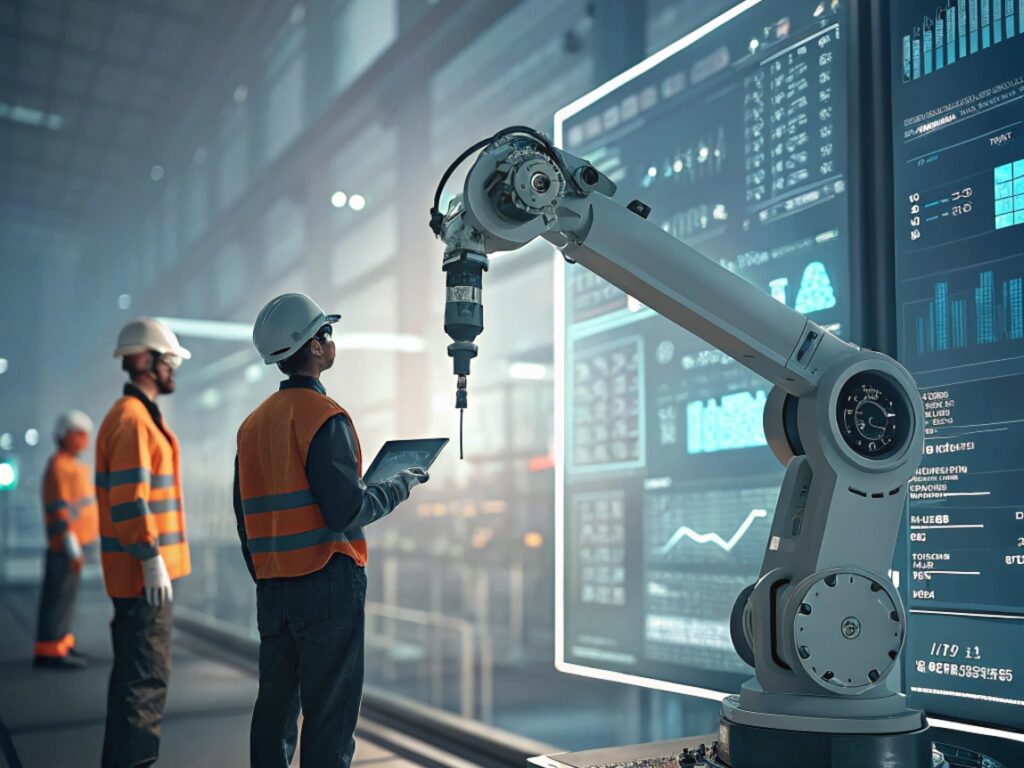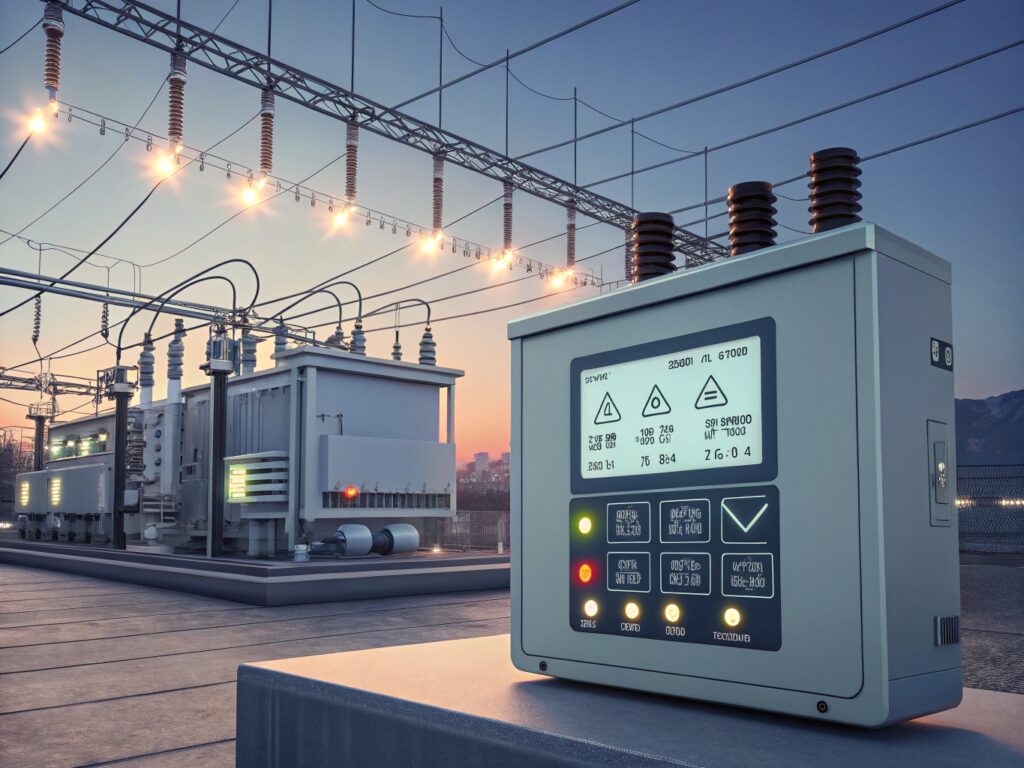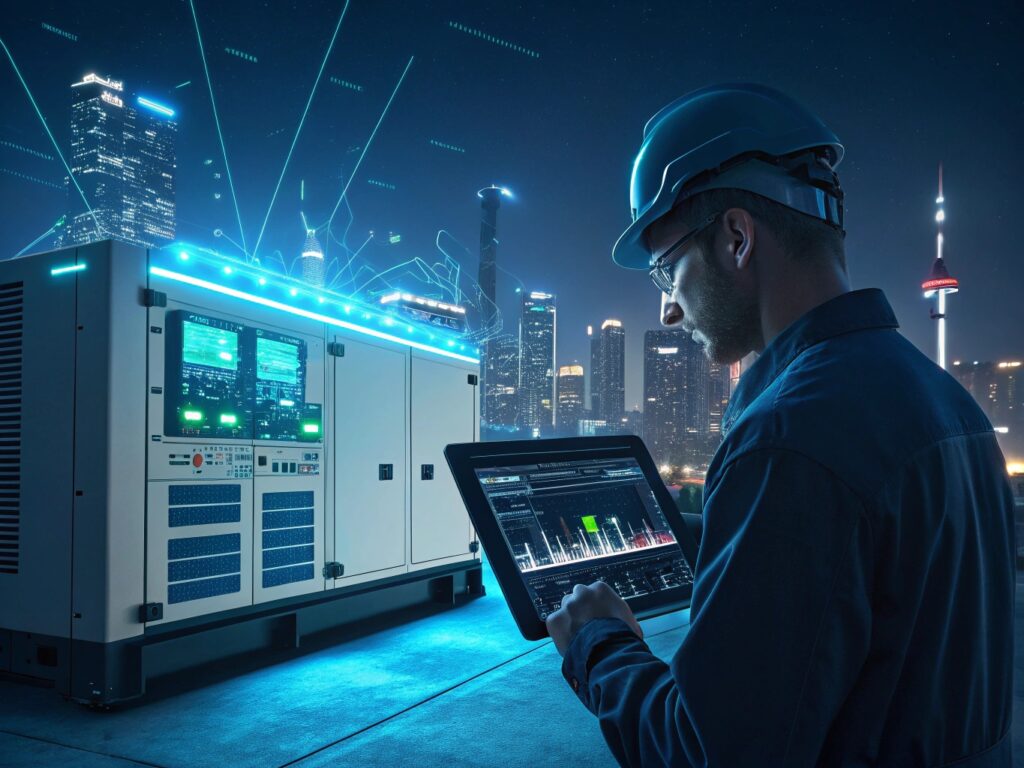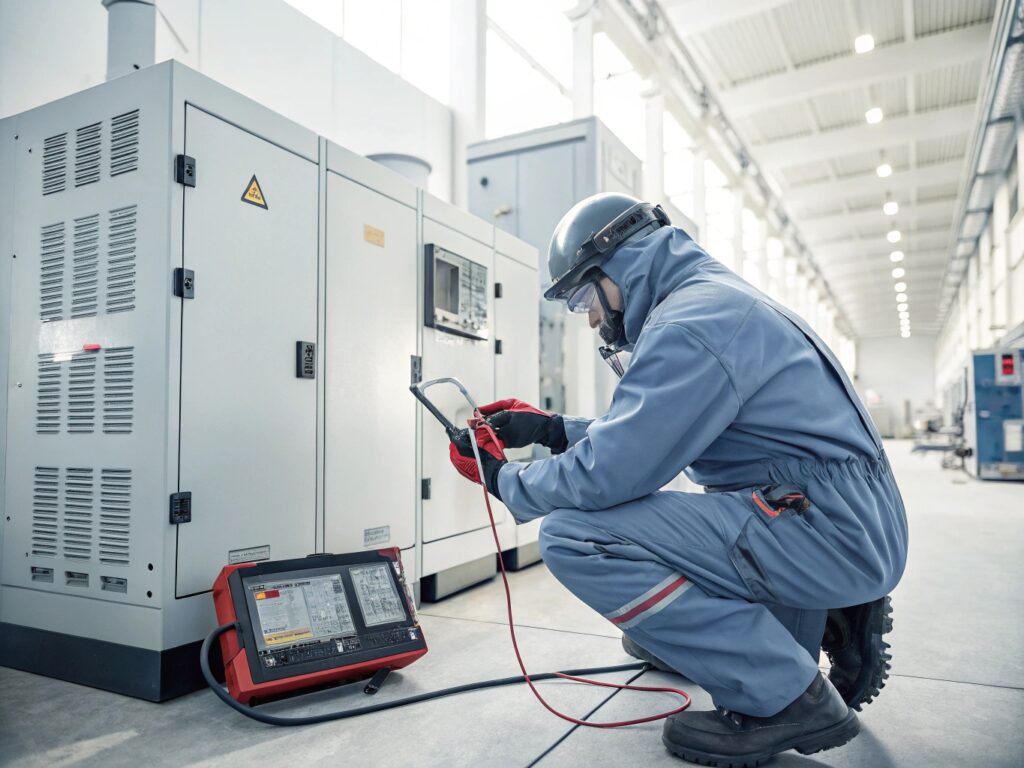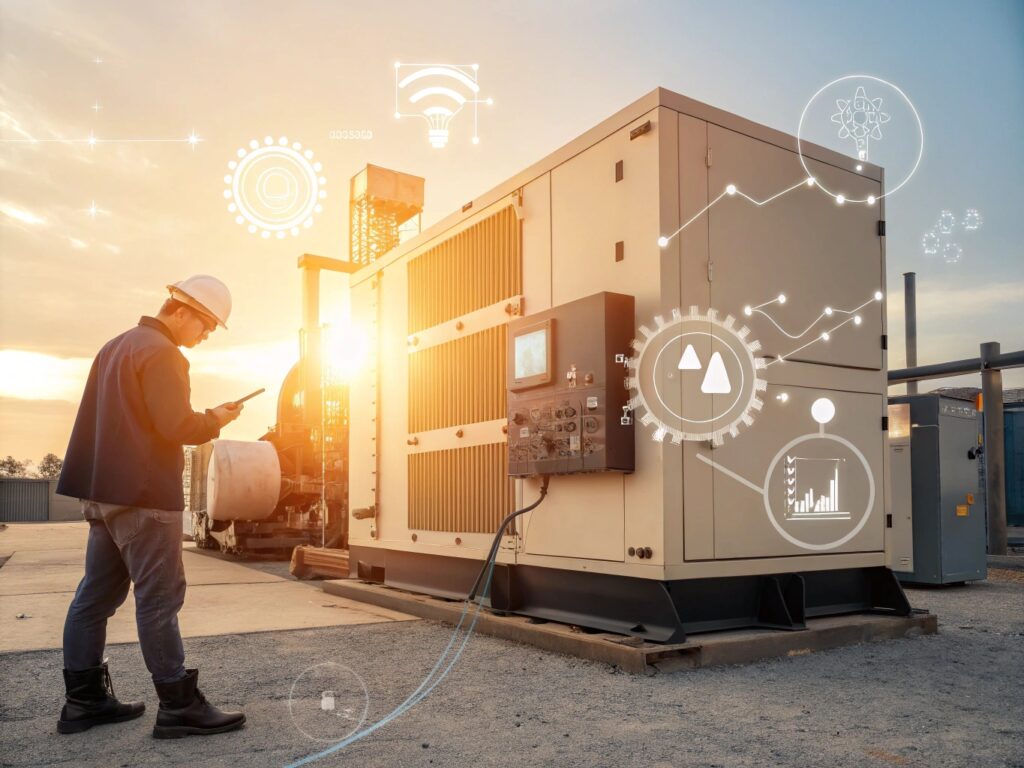
When it comes to ensuring stable power in diesel and gas generators, one component stands out—the Automatic Voltage Regulator (AVR). This device plays a crucial role in regulating the generator’s voltage output. Without it, your equipment can experience harmful fluctuations that impact its performance and lifespan.
The AVR in diesel and gas generators ensures stable voltage regulation, protecting your equipment from damaging power surges and drops. It helps maintain consistent output for smooth operation.
But how exactly does an AVR work, and why is it indispensable for efficient power generation? Let’s dive deeper into its role in maintaining power reliability.
How Does AVR Maintain Voltage Stability in Diesel and Gas Generators?
Voltage stability is essential for the longevity of your generator. But how does an AVR ensure that your equipment runs smoothly?
The AVR works by monitoring the generator’s output and adjusting the excitation current to maintain a steady voltage level. This dynamic process ensures that fluctuations are minimized, keeping your system running smoothly.

The Automatic Voltage Regulator is a key player in the operation of both diesel and gas generators. By constantly adjusting the generator's output, it ensures that the voltage remains consistent, even under varying loads. Without the AVR, power surges and drops would be common, causing potential damage to sensitive electronic equipment and reducing the overall lifespan of the generator.
AVR in Diesel vs. Gas Generators: Any Key Differences?
In diesel and gas generators, the role of the AVR remains similar, but there are key differences in how these engines are powered. Diesel engines generally produce a higher output, which requires a more robust AVR to handle the additional power. Gas generators, on the other hand, tend to be more sensitive to fluctuations, demanding fine-tuned voltage control for optimal performance.
The Benefits of AVR: More than Just Voltage Control
While the AVR’s primary function is voltage regulation, its impact goes beyond simple control. By stabilizing the output, it also prevents frequent repairs and reduces fuel consumption. A well-regulated generator operates more efficiently, saving you money in the long run.
What Happens If Your AVR Malfunctions?
An AVR malfunction can have serious consequences. But what exactly goes wrong when the system fails?
If the AVR fails, the generator may experience overvoltage or undervoltage, causing damage to connected equipment and the generator itself. It can lead to power surges, breakdowns, or even fire hazards.
The failure of an AVR can cause a variety of issues, ranging from simple power fluctuations to catastrophic system failures. One common problem is overvoltage, where excessive current can damage sensitive electronics. Conversely, undervoltage can cause the generator to underperform or fail to start altogether. Regular maintenance and testing of the AVR can help avoid these costly issues.
Symptoms of AVR Failure: How to Spot Early Warning Signs
When an AVR begins to fail, it often shows early signs. These may include inconsistent power output, unusual noise from the generator, or frequent tripping of circuit breakers. Understanding these signs and addressing them quickly can prevent more significant problems down the road.
How Can You Ensure Your AVR is Working Properly?
Regular testing and proper maintenance are key to ensuring your AVR continues to function optimally. But what exactly does that involve?
To ensure your AVR is working properly, it’s essential to perform regular inspections, check connections, and test for consistent voltage output. Routine maintenance can significantly extend the lifespan of your generator.
Regular checks and tests are essential to avoid AVR malfunctions. Start by checking the wiring and connections to ensure there’s no corrosion or loose parts. Also, monitoring the generator’s voltage output is vital. If the voltage is unstable, it’s time to recalibrate or replace the AVR.
The Importance of Professional Maintenance
While simple inspections can be done in-house, AVR calibration and repair should be left to professionals. These technicians have the tools and knowledge to ensure that your AVR works in perfect harmony with your generator, avoiding potential downtime.
Conclusion
The AVR is critical in ensuring reliable and efficient operation in diesel and gas generators. Regular maintenance is key to avoiding costly failures and maximizing performance.


